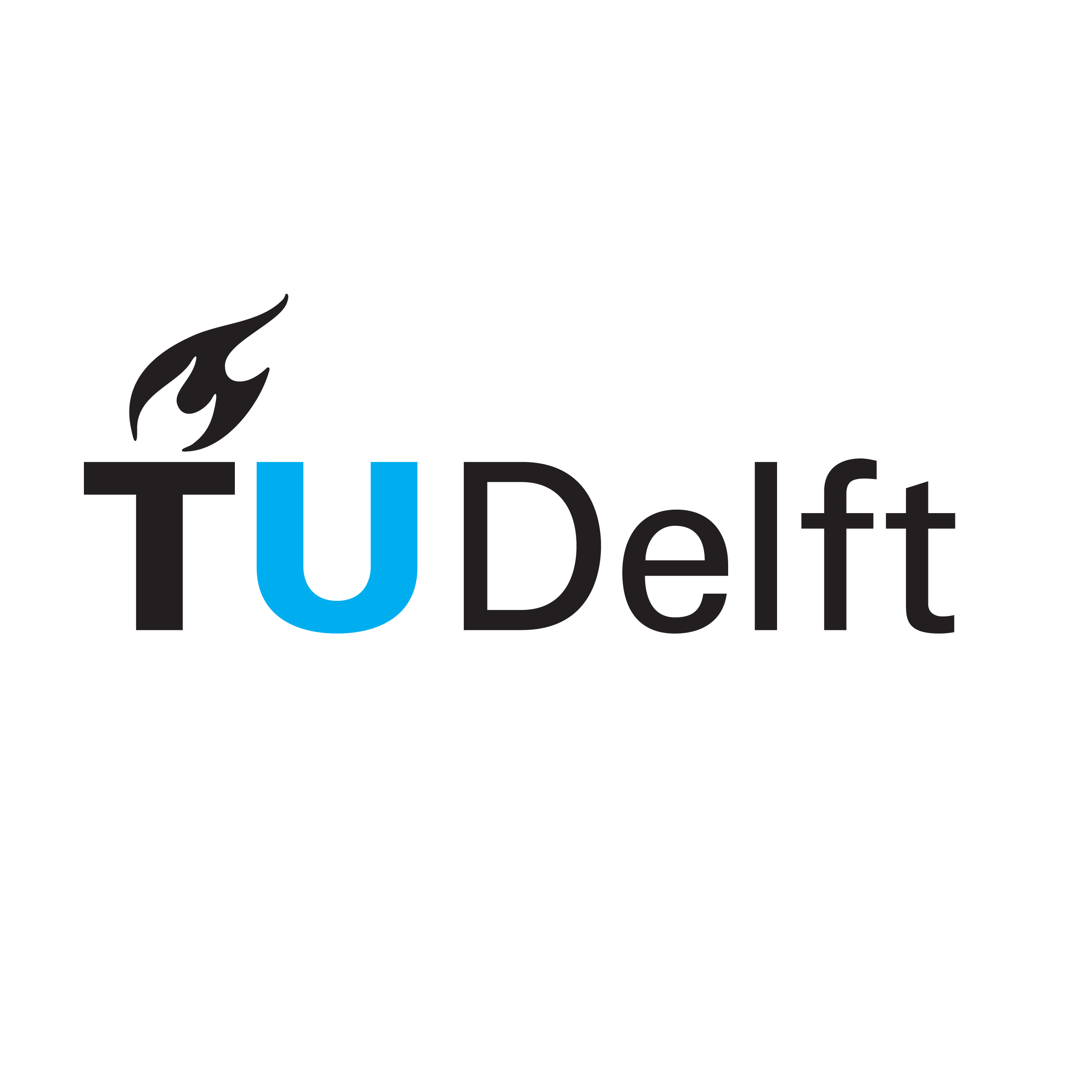RAAK-PRO: deploying ethical technology
With this project we aim to help professionals from different sectors develop an integrated, value-based design approach for smart city technologies’ ethical implementation. We do so by focusing on the concrete and urgent case of machine-vision in public space.

The use of scan cars by municipalities is increasing, for instance to localize waste, for tree maintenance, to enforce the city’s parking policy, or for advertisement taxation. Together with numerous partners, we explore how scan cars could be deployed in an ethical way, leading to a general design approach for the ethical deployment of smart city technologies.
Various cities have launched manifestos and declarations such as the Tada manifesto and the Cities Coalition for Digital Rights, expressing the importance of developing smart city technologies from a human and civic perspective. These pamphlets are calling to create technology based on public values such as transparency, accountability, and inclusivity. They also urge city administrators to enable citizens to understand and critique the workings of these technologies.
However, when implementing public values in smart city technologies, including artificial intelligence and computer vision, professionals find it challenging to operationalize these principles.
Manifestos like Tada provide guidelines for the ethical implementation of new technology in the city. But how do you give substance to abstract values like 'Open and transparent' or 'Human dimension' when deploying scan cars to fight the waste problem?”
— Martijn de Waal, Lector (Professor) Civic Interaction Design, Amsterdam University of Applied Sciences
City officials have difficulties translating abstract principles from manifestos into concrete specifications to design new services. Tech entrepreneurs and designers developing smart services still lack a ‘design vocabulary’ and exemplary projects that can inspire them to respond to transparency and accountability demands. Finally, both government officials and tech developers see a need to include the public in the development of smart city technologies but haven’t found the right methods.
Together with research partners, municipalities, and other partners we are working on a research-through-design trajectory to develop a prototype for an ethical scan car, as a concrete and urgent example for the deployment of computer vision and algorithmic governance in public space. This project builds upon our previous projects Scan cars and the Transparent charging station.
Scan cars are well suited as a case study, as they combine the promises of smart city technologies (more efficient and safer cities) with challenges concerning human and public values such as privacy, transparency, and accountability. Municipalities are currently involved in procuring public scan cars in their cities, and seek to do so in an ethical way.
With the focus on public scan cars, the ultimate aim of this project is to develop an integrated, value-based and multi-stakeholder design approach for the ethical deployment of smart city technologies, and demonstrate its benefits for municipalities, industry and citizens.
The way we will go into a collaborative learning process together with many stakeholders makes me very motivated for this project. My focus is on meaningful and sustainable engagement of citizens. My dream is to arrive at a sense of shared ownership.”
— Mike de Kreek, Lecturer Civic Interaction Design, Amsterdam University of Applied Sciences
In the upcoming years the RAAK-PRO consortium, as the group of partners within this project is called, will develop a design-based methodology to translate values from manifestos for ethical technologies into concrete requirements in the context of smart city procurement projects.
In the next phase of the project (Spring 2023), the consortium aims to develop a prototype for an ethical scan car that explains its functioning in public space. As part of that process, a platform for participatory machine learning will be developed to include citizens in discussions about the design and functionalities of the scan car.
This phase will be followed by the co-creation of a set of criteria to assess the ethical implementation of smart city technologies. The scan car prototype will be deployed in living lab environments to evaluate them based on the set criteria.
Finally, the documentation of the trajectory (duration 3,5 years) will be generalized into a more widely-applicable design process for public institutions to leverage human values and engage citizens in evaluating new technologies.
The Responsible Sensing Lab will have the role of expert in the different phases, participate in sessions and work with the Computer Vision team of the municipality and scientists to connect scientific insights with practical use cases.











